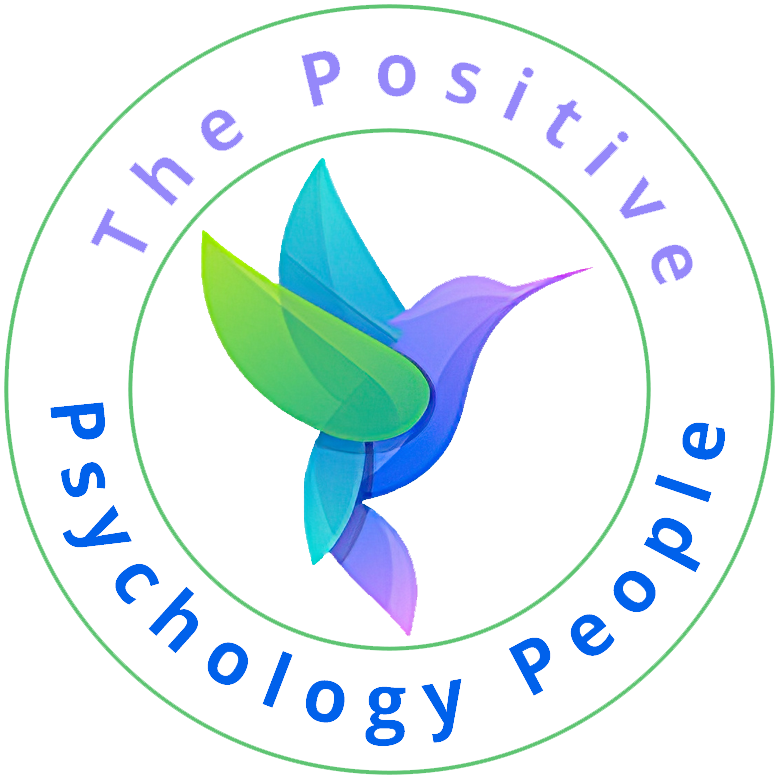
by Fizza Shah | December, 2019 | Fizza Shah, Spirituality
What does Positive Psychology say about Spirituality What do human’s search for when they search for spirituality? Zinnbauer & Paragament (2005, Pg 611) have suggested that it is “a quest for existential meaning, to the transcendent human dimension” meaning that individual seek meaning in life with freedom and choice. The quest for spirituality has been explored by positive psychologist in context of spirituality processes as being cultural (cf.Shafranske & Malony, 1996) an engagement in prayer, importance of religion to individuals and evidence-based studies that associate spirituality for better well being human functioning. The key constructs of spirituality have the following elements such as the perception of the divine God and the concept that humans being are beyond their normal experiences (Pargament & Mahoney, 2005). Furthermore, spiritual processes such as praying and meditation have been strongly associated with better wellbeing with a more adaptive coping ability too as they view life through the scared perspective (Koenig, McCullough & Mahoney, 2005). The search for scared one is a 5 part spiritual processes divided into the following discovery, conservation, transformation, spiritual integration and disintegration. The process have been identified as the discovery: evolving mindest, conservation: once you have discovered the sacred one then to sustain it is the next process involving social involvements, transformation: the emergence of oneself in spiritual pathways display spiritual resilience. Spiritual Integration: the notion is associated with individuals who pray, meditate and enter holy places of worship experience better wellbeing (Koenig, Mccullough, & Larson, 2001; Pargament, 1997; Pargament & Mahoney, 2005). Disintegration: spiritual process that have a negative effect upon human well being. On reflection the processes are...

by Bryony Shaw | September, 2019 | Bryony Shaw, Nature
I have often written about the many benefits of being in nature which include increased feelings of well-being and happiness, reduced stress levels, improved concentration and lowered blood pressure. This summer has offered many opportunities to explore varied outdoor environments and I was fortunate enough to return to a favourite place, Stourhead Gardens in Wiltshire, U.K. This garden was created nearly 300 years ago by Capability Brown, the garden is mainly set around a lake and has been carefully designed to incorporate different views of magnificent trees, stone buildings and reflections in the lake itself. Appreciation of Beauty Whilst at the gardens I thought how beautifully they incorporated many of the main principles and tools of positive psychology. It is very hard not to use the strength of ‘appreciation of beauty’ as you look across the lake towards the Temple of Flora, or when you stand beneath the towering trees. It is hard not to slow down and enjoy savouring details such as the sun reflecting on the water or the scent from late flowering rhododendrons. Wonder The thing that struck me more than normal was wonder at the planning and patience that has gone into designing and maintaining this beautiful garden. The original designers and gardeners had a strong vision to enhance nature’s natural beauty. However, they would not have lived long enough to see the plants fully mature, yet they designed the garden knowing that it would develop and continue to give pleasure to benefit future generations. Random Acts of Kindness This led me to think about the things we do in our lives and how I...

by Lisa Jones | May, 2019 | Lisa Jones, Philosophy
Much of applied psychology and psychotherapy aims to help the client move from a belief that keeps them helpless and stuck towards one that is helpful and enables mobility into a more positive existence. The purpose of positive psychology interventions (PPI) is to create this shift in a person’s behaviour that enables them to live a life that is flourishing. Although the types of interventions developed are varied, this blog suggests the use of Socratic questioning is an important way to empower people. What is Socratic questioning? Socrates was a classical Greek philosopher who developed critical thinking through a form of open ended and logical questioning to solve a problem. The Socratic dialectic method applies a series of questions to hep a person or group go deeper into their values and beliefs to find the answer. He was one of the first to recognise that the subconscious often held knowledge that the person is unaware of. Part of Socrates legacy is the beliefs that underpin the questions. No one desires evil No one does wrong or errs willingly or knowingly Virtue is knowledge Virtue is sufficient for happiness How does it relate to positive psychology? When Seligman and Csikszentmihalyi first promoted positive psychology in 2000 as “the study of positive traits” they recognised the importance of the ancient philosophers like Socrates who framed morality in terms of good character and having a just life. It set positive psychology in a frame that recognised that all people want to live a good life through the expression of their virtues (strengths) and positive intention, with an outcome of finding their own...

by Silvia King | April, 2019 | Laughter
You don’t need to be happy to smile or laugh, but they can make you happier. The benefits of it go beyond the present moment. “How do you know if somebody is happy?” Usually people reply: “The person laughs or smiles.” Does that mean that all laughing and smiling people are happy? As we all know, this is not true. In fact, laughter is much more than just an outward barometer of somebody’s internal emotional state. Three types of laughter Ruch and Ekman (2001) distinguish three types of laughter in non-clinical contexts: – Speaking or singing “hahaha” – Fake laughter – Real laughter The type of laughter generally associated with happiness is the real laughter, also referred to as Duchenne laughter. It is recognisable by the wrinkles around the eyes when a particular set of facial muscles are activated. Positive emotions are at the root of this type of laughter: We need to be happy first, before we can produce a real smile. The other two types of laughter don’t require any positive emotions because all a person does is say “hahaha” or raise the corners of the mouth. It is a controlled action, maybe to be polite or to hide real thoughts or emotions. But only because positive emotions are absent at the start, doesn’t mean they can’t emerge through fake laughter. Getting from fake to real The physical act of laughing – especially when sustained – is hard work. Laughing for 10-15 minutes can burn between 10 and 40 kcal (Buchowski et al., 2007). Research suggests that laughter exercises the trunk muscles (Wagner, Rehmes, Kohle, & Puta,...

by Lena Britnell | February, 2019 | Positive Psychology
How did you hear about positive psychology and what drew you in? As a current student of the MAPP at BNU, these are questions that my cohort and I are frequently presenting ourselves with. And they are useful ones. I find it terribly easy to get hung up on meeting the academic and empirical requirements of the discipline, planning research, drafting assignments and meeting deadlines. But it is worth sometimes sitting back and reflecting on why I am there in that classroom in the first place. Questioning what it is that positive psychology means to me, personally, professionally and in the context of myself as a whole person? I know I am not alone. The benefits of growing a network of positive psychologists is that we enthuse about this often. How to marry the practice of positive psychology with our personal lives, our views of ourselves and of others. This to me is what makes positive psychology so different. A requirement that we live and try to internalise its central tenets of openness, belief in unknown potential and a mindful attention to the positive in life, whilst learning from the negative and challenging where we can. I have certainly had my doubts about the value of my own scholarly study of positive psychology and my own capacity to continue with it. An MSc is of course quite an undertaking for most professionals juggling work, families and other commitments. From the perspective of someone managing a mental illness, the added barriers of a strong negativity bias and an ‘unhelpful thinking style’, to say the least, sometimes make me feel my...






